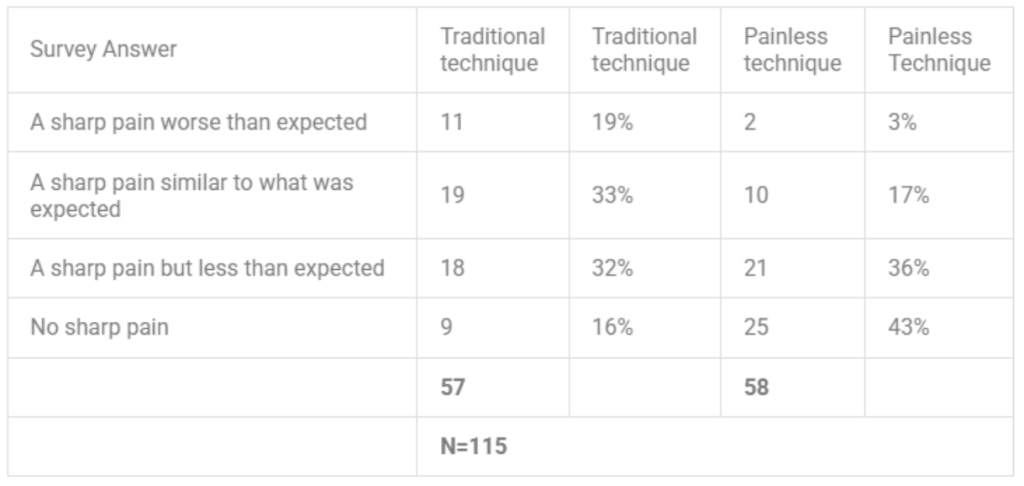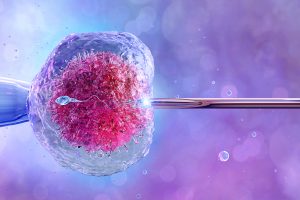Table of Contents
ToggleNavigating the landscape of male birth control often brings up a burning question: can you get pregnant after vasectomy? Delve into the intricacies of this procedure and its effectiveness, and understand the rare scenarios where pregnancy might still be possible after undergoing a vasectomy.
Understanding Vasectomy
Understanding the intricacies of a vasectomy procedure can aid couples in making informed decisions.
What is a Vasectomy?
A vasectomy is a surgical procedure where the vas deferens, the tubes that carry sperm from the testicles, are blocked. This procedure is chosen by men who no longer wish to father children. As a permanent form of birth control, it ensures men no longer release sperm during ejaculation, eliminating the chance of making a partner pregnant through sexual intercourse.
How Does Vasectomy Work?
The vasectomy procedure involves blocking the vas deferens, ensuring sperm cannot pass from the testes into the ejaculate. There are multiple methods, including clipping, tying, or cauterising the tubes. At MSI Vasectomy we only use the ‘no scalpel, open-ended’ technique, which minimises invasiveness and recovery times.
Vasectomy Effectiveness
Being one of the most reliable forms of birth control, vasectomy boasts an extremely high success rate. Yet, understanding the limitations and potential risks is crucial.
Statistics on Vasectomy Success
Vasectomy boasts an impressive 99.9% success rate, making it one of the most effective birth control methods. Despite its high efficiency, failures, albeit rare, can occur. It’s pivotal for men to attend post-vasectomy testing sessions to confirm the absence of sperm in their semen, ensuring the surgery’s success and reducing the chances of unintended pregnancies.
Potential Causes for Failure
While vasectomies are almost always successful, failures can result from a variety of causes. Recanalisation, a process where the vas deferens spontaneously reconnect, is one culprit. Procedural errors, ineffective sealing of the vas deferens, or the presence of residual sperm post-surgery can also lead to failure. It’s essential to be aware of these risks and monitor for signs of vasectomy failure.
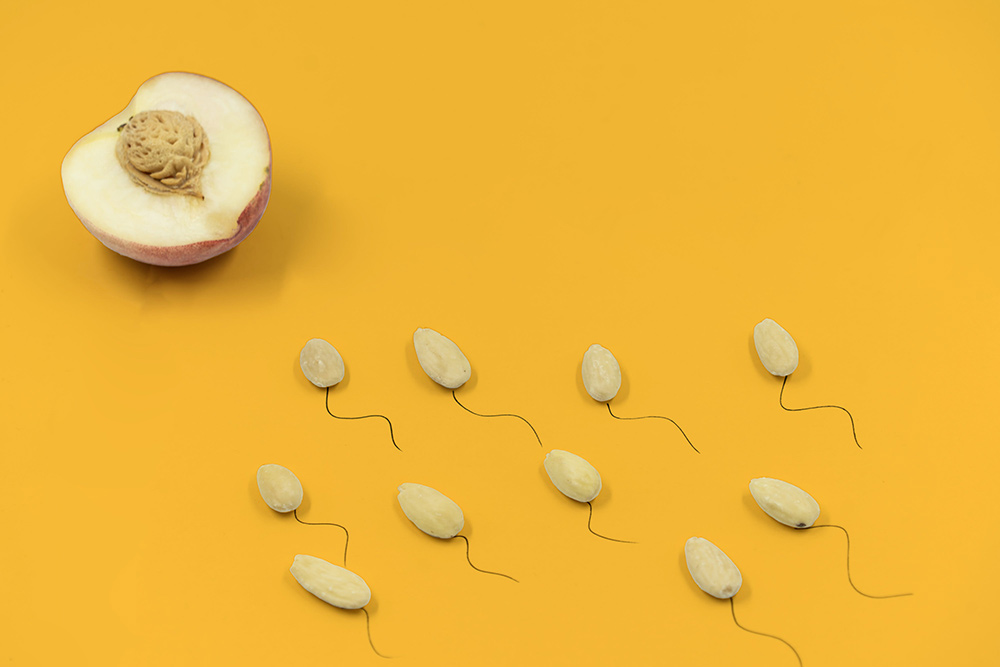
Chances of Pregnancy After Vasectomy
While vasectomy aims to prevent pregnancy, there are instances, though rare, when a man might make his partner pregnant post-procedure.
Recanalisation: A Rare Phenomenon
Recanalisation is when the severed vas deferens manage to naturally reconnect post-vasectomy. This can allow sperm to enter the seminal fluid again, posing a risk of pregnancy. Although it’s a rare occurrence, its possibility underscores the importance of regular post-vasectomy semen analyses to ensure the continued absence of sperm.
Signs of Vasectomy Failure
Key signs of a vasectomy’s failure include detecting motile sperm in a semen sample during routine post-procedure tests. It’s vital to analyse these samples to confirm the surgery’s success. Furthermore, if a partner becomes pregnant post-vasectomy without any other potential causative factors, it directly indicates the procedure’s failure and necessitates immediate medical consultation.
Post-Vasectomy Testing
Post-vasectomy testing is pivotal to ensure the procedure was successful and to prevent complications.
Why It’s Important
Post-vasectomy testing is a crucial step in confirming the procedure’s success. Routine checks ensure the sperm count remains zero, affirming the vasectomy’s effectiveness. Without these tests, men might unknowingly have motile sperm in their ejaculate, risking unintended pregnancies.
Interpreting the Results
After a vasectomy, a semen analysis is the standard test to evaluate its success. The main goal is to ensure the complete absence of live, motile sperm in the semen. Should sperm be detected, it’s crucial to consult with a urologist for further evaluation and potential recommendations.
Reversing a Vasectomy
For various reasons, some men consider vasectomy reversals to restore fertility. Knowing the procedures and success rates is essential.
Vasectomy Reversal Procedures
For those reconsidering their decision post-vasectomy, reversal procedures exist. This surgical procedure aims to reconnect the vas deferens, restoring the flow of sperm into the seminal fluid. However, numerous factors, including the time elapsed since the vasectomy and the type of initial procedure, can influence the reversal’s success.
Success Rates and Pregnancy
While vasectomy reversals can restore sperm flow, successful pregnancy also depends on multiple factors such as the woman’s fertility, older age, or medical conditions such as endometriosis or polycystic ovarian syndrome. Moreover, the success rate of vasectomy reversals can vary based on factors like the surgeon’s expertise and the years since the original vasectomy.
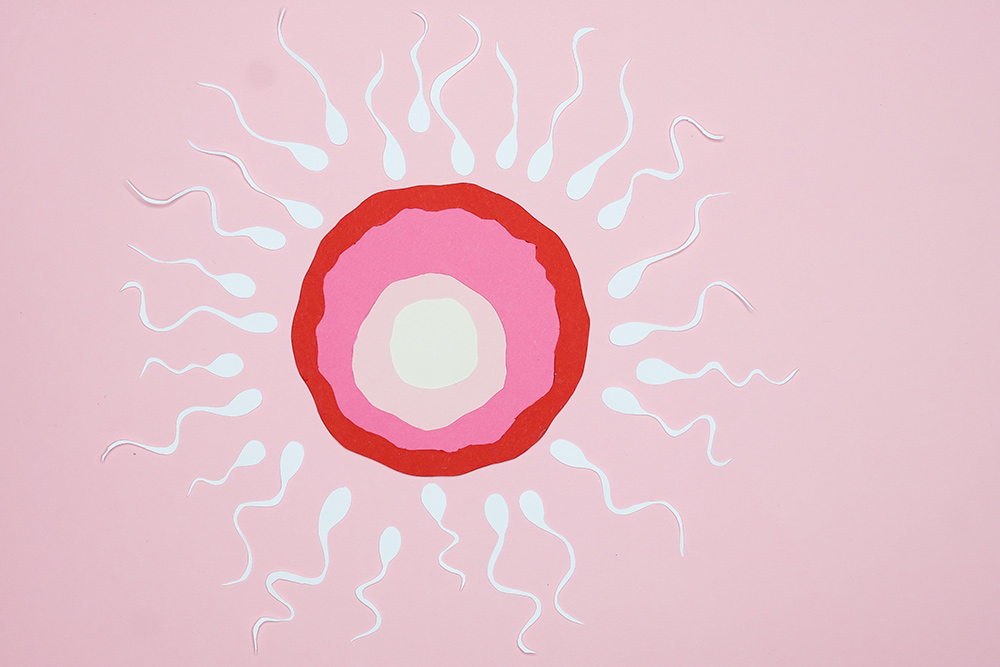



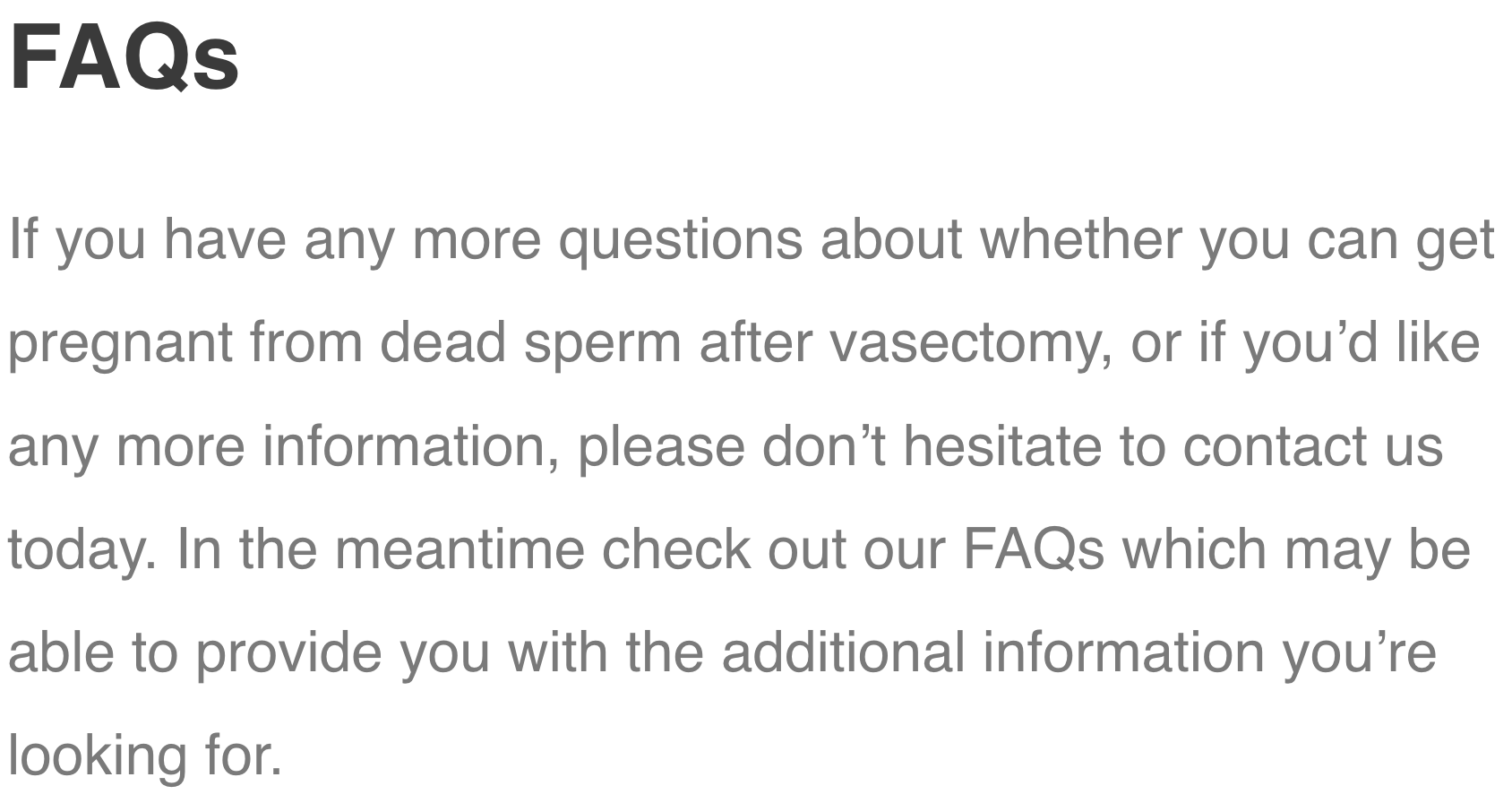
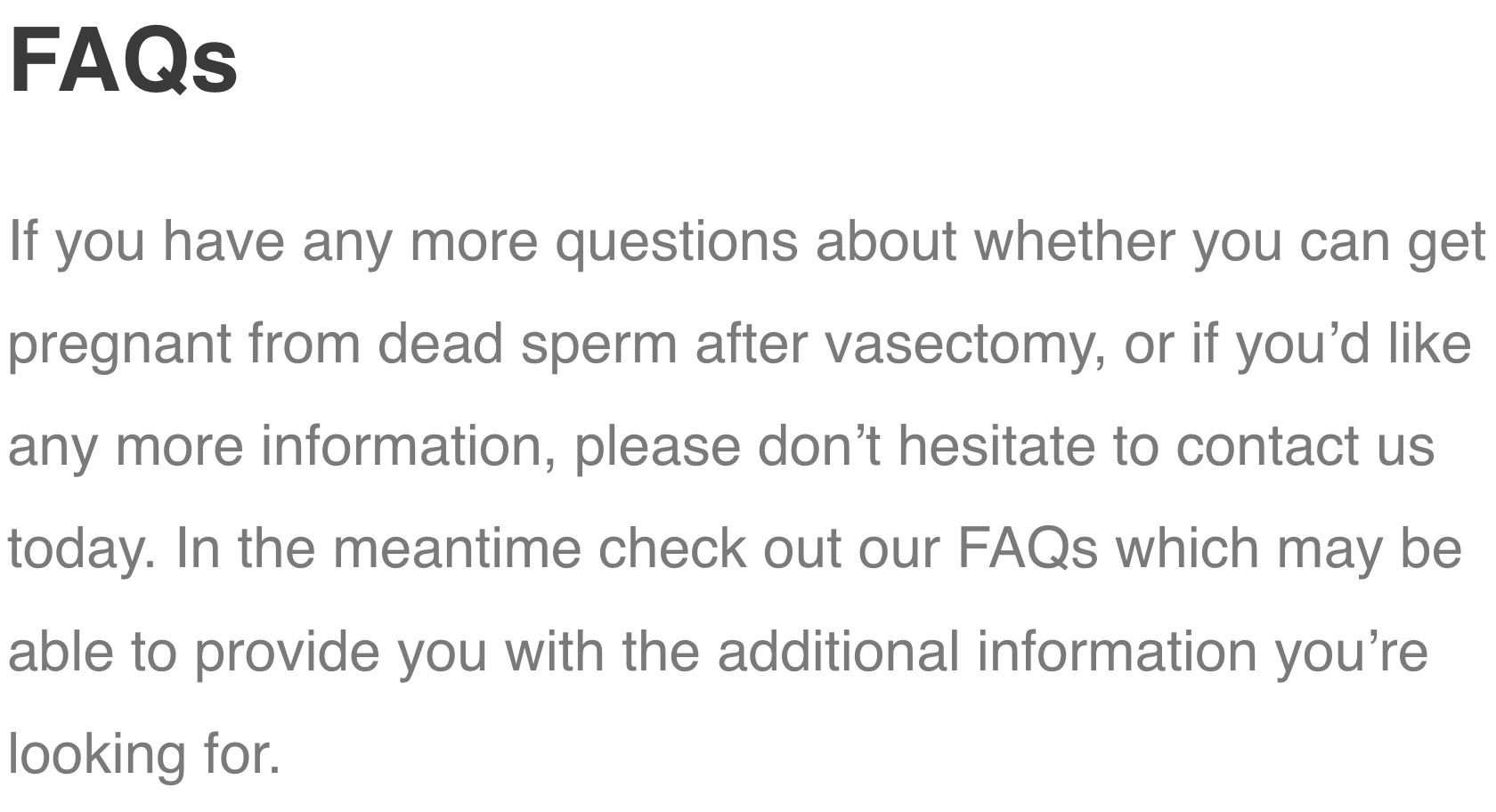

How long after a vasectomy should I wait before having unprotected sex?
It’s essential to understand that immediately after the vasectomy procedure, there might still be live sperm present in the seminal fluid. We recommended waiting at least 3 months before getting a semen analysis to confirm the absence of sperm. Until then, couples should use another form of birth control to prevent pregnancy.
Is a vasectomy 100% foolproof in preventing pregnancies?
While vasectomy boasts a success rate of over 99% in preventing pregnancies, no form of birth control, except for complete abstinence, is 100% effective. There are rare instances, such as recanalisation, where the vas deferens can naturally reconnect, leading to the possibility of pregnancy. Regular post-vasectomy testing ensures the procedure’s ongoing success.
Can a vasectomy impact my sexual drive or function?
A vasectomy only interrupts the flow of sperm to the seminal fluid and doesn’t affect testosterone production or any other hormones related to sexual drive or function. Most men report no changes in their sexual desire, ability to perform, or the sensation during ejaculation after the procedure. However, if you experience any concerns, it’s always best to consult with a medical professional.









